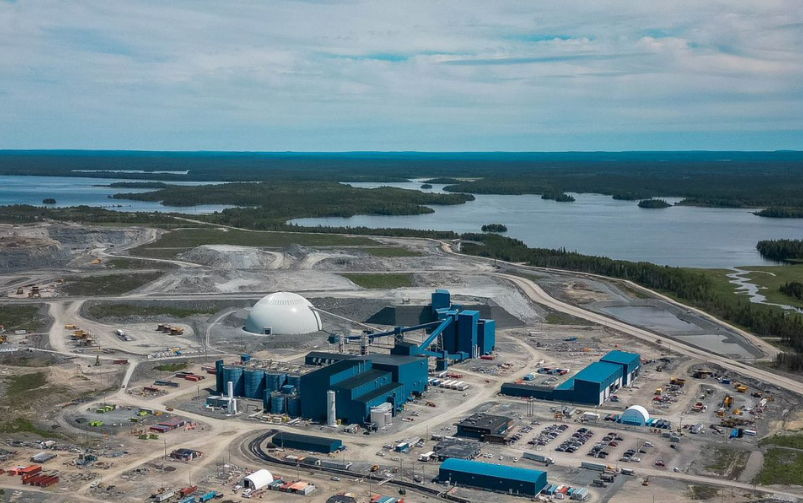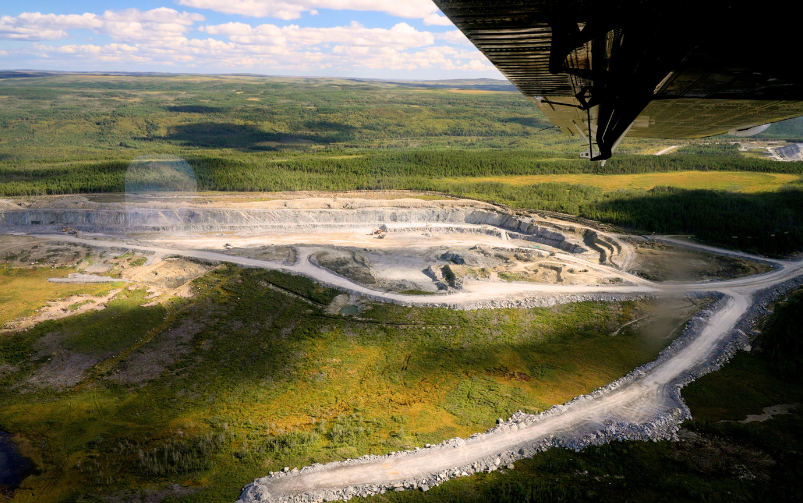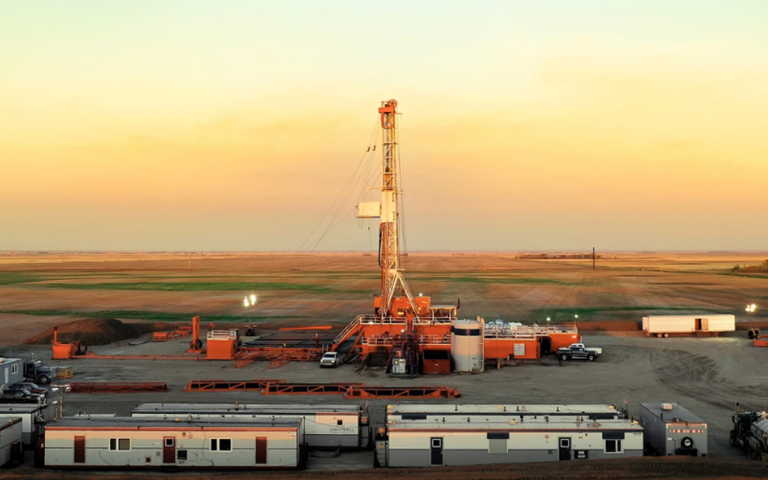Exploration of the Duperow Formation on the Prairie project site officially commenced in 2021, with several drilling and completion programs accomplished. Courtesy of Arizona Lithium.
Arizona Lithium announced on Aug. 7 that it has successfully produced battery-grade lithium carbonate from its wholly owned Prairie lithium brine project in southeast Saskatchewan, in partnership with Saltworks, a technology company that operates a lithium refinery that processes brines into battery-grade lithium carbonate and lithium hydroxide.
The lithium carbonate, which is an essential component used in batteries for electric vehicles, was produced from direct lithium extraction (DLE) eluent as part of a pilot using technology provided by ILiAD Technologies that operated on site from November 2023 to February 2024. The DLE eluent was shipped to the Saltworks facility in Vancouver, where it was then converted into battery-grade lithium carbonate.
Arizona Lithium stated that this recent announcement underscores the project’s potential to become a key producer of high-quality lithium carbonate in Canada.
DLE technology is used to remove lithium from the brine, with the extracted lithium concentrate converted on-site to upgraded high-purity material. Any leftover brine is disposed of underground into a separate aquifer. According to the company, this process requires less land and fresh water and results in less waste compared to hard rock and evaporation mining of lithium.
The Prairie project is tapping into a substantial, previously unused lithium brine deposit in the Duperow Formation located in the Williston Basin of Saskatchewan. Although this region is better known for its oil production, considerable lithium concentrations have been identified across the Prairie project site.
Arizona Lithium has already drilled the first commercial well at its Prairie Pad number one, and in July it was conditionally approved for a $21 million incentive in the form of future royalty credits under Saskatchewan’s Oil and Gas Processing Investment Incentive program.
“The battery-grade product we produced is in sufficient quantities to go out to all the offtakers and strategic partners we are in conversation with,” said Paul Lloyd, Arizona Lithium managing director, in an Aug. 7 press release. “Our team remains focused on bringing Pad One at the Prairie project into production in 2025.”
Licences have also been obtained to drill two wells at the project’s Pad number two. According to the company, constructing this second Pad, along with drilling the initial wells, will mitigate risks going forward, and will allow Arizona Lithium to be able to increase the production of lithium carbonate on a modular basis.
The Prairie project’s prefeasibility study (PFS) was released on Dec. 29, 2023, and forecasted that it would produce 6,000 tonnes of lithium carbonate equivalent for phase one of the project. It predicted a base-case net present value (NPV) of US$448 million, based on a long-term price of US$21,000 per tonne.




